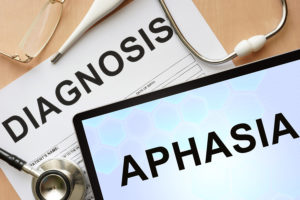
Home Care in Cherry Hill NJ: What is Stroke-Related Aphasia?
Strokes are the top cause of long-term disabilities in seniors in the United States and after age 55, the risk of having a stroke doubles every decade. Strokes can affect a person’s physical and mental abilities, from minor to serious. One of the more common results of a stroke in elderly people is stroke-related aphasia.
What is Stroke-Related Aphasia?
When someone experiences a disorder in their ability to understand and use language, it is known as aphasia. Stroke-related aphasia can manifest in several different ways when the stroke affects the left side of the brain, where language processing is centered. When this area is impaired, it can lead to great difficulty in speaking, reading and understanding others.
In general, elderly people with stroke-related aphasia often recover completely or somewhat within the first six months after the stroke. If they haven’t regained much of their communication skills back after six months, it isn’t likely they will do so.
What is Stroke-Related Aphasia Like?
When seniors have stroke-related aphasia, they usually know that people are speaking to them but cannot understand the meaning. They can recognize cadence and inflection, and may be able to determine someone’s anger or surprise due to the tone. Often, they can’t interpret instructions or directions they are given. Seniors with aphasia may not be able to form specific words or may use the wrong words often. Some elderly people even create sentences out of meaningless words. In other cases, seniors with aphasia can say a few words but cannot create sentences.
Without verbal communication, elderly people can find it very difficult to interact with family caregivers, home care assistants, family members, friends and community members. It can also be hard to know how to work with seniors suffering from stroke-related aphasia. Someone with the condition hasn’t lost their intelligence or ability to think, they simply can’t express themselves. They will still be able to enjoy music, recognize loved ones, play games and go out for dinner. Caregivers and home care assistants just need to encourage non-verbal communication as much as possible. As the elderly loved one and their family caregiver come to terms with the condition, they can begin to establish an approach to getting back out there and boosting their quality of life.
Those with stroke-related aphasia can learn to communicate in new ways that don’t require language. Gestures and single hand sign language can communicate a lot, as can modern technology like hand-held devices and computers. Family caregivers can make communicating simpler by sticking to yes-or-no questions, keeping comments and questions simple and repeating as necessary. Educating other family members, home care assistants, friends and community members about what does and doesn’t work will help them communicate with important people in their lives like home care aides, doctors and more. With hard work and supportive families, elderly people with stroke-related aphasia can minimize frustration and maximize effectiveness.
Source:
http://www.strokecenter.org/patients/about-stroke/stroke-statistics/
http://www.stroke.org/we-can-help/survivors/stroke-recovery/post-stroke-conditions/physical/aphasia
For home care in Cherry Hill, NJ, and the surrounding areas, call and talk to us at Home to Stay Healthcare Solutions (856) 321-1500.












